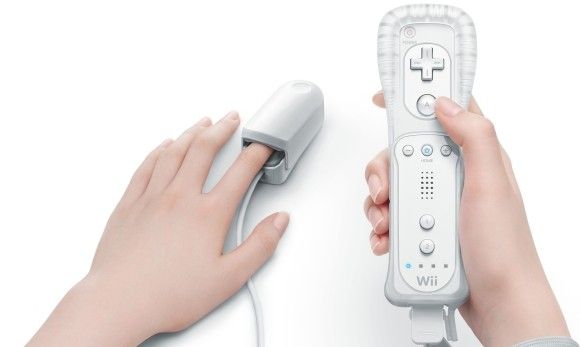You mean like Wind Waker? Most of the reaction stemmed from how it looked, not the fact the game was rushed and even now you get people still bringing up how it looked 'kiddie'.
Wasn't Super Mario Sunshine a different take? It didn't work, people only really enjoyed the void levels so they came back 5 years later and gave us a whole game like those void levels.
One of the biggest problems Nintendo face is that people who game regularly don't seem to know what it is they want from Nintendo. Most Nintendo games are critically acclaimed in hindsight - up until the remake was announced, Wind Waker was actually quite popular and you even had reactions that Nintendo changing it to a more plastic look was making it worse.
Luigi's Mansion is another one, I remember when it came out how much stick it got, that it wasn't a 3D platformer and it was short so why would anyone want it - particularly at launch. Now it's considered a charming and quirky title with a much sought after sequel.
It's the complete opposite with the 360 and PS3, at the time you get games that you think "oh my God this is amazing" but then in hindsight you think 'eh'. I'm horribly generalising here but I mean games like Uncharted, God of War, Gears of War, games that were hugely popular at launch and still have devoted followings but they don't feel as timeless. I don't mean they're terrible games, I've got them and enjoyed them to varying degrees but I can stick on Super Mario World, 64, Galaxy right now and be just as enamoured as when I played them.
PS1 and PS2 games struggle to retain that timelessness and even when you get HD ports, like God of War 1 and 2, while fun they show the limitations.
Again, I'm not suggesting they're bad games now or that coming to them fresh means you'll enjoy them less - just that they aren't like Mario or Zelda games when you look back on them. And very few games are, Uncharted 3 was what, a year after the second game and didn't quite scale those heights? A year between games is impressive work but the polish shows when you look back on a generation.
I guess this is part of the reason why Nintendo games have such long tails. I'm confident that NSMBU will shake off this perception that it's a cynical cash in with high reuse of assets once people give it a go and see the level design for themselves. And remember, that's the sort of trade off you're going to get if you want shorter development time. Rather than invest as much effort in the graphics and music, you get the effort in how the game plays. Isn't that what we really want?
I see Nintendo taking risks all the time, sometimes in big franchises and sometimes in smaller ones. We mainly remember the ones that don't pay off, like them using the Pilotwings franchise on what is essentially a handheld Wii Sports Resort title, or changing the graphical style of a game, or changing the gameplay of a Paper Mario game to make it a pseudo platformer.
Pikmin is a title that people praise but most forget it was a result of an experiment with Mario. Fire Emblem has taken off roughly the same rate that Advance Wars has been put to one side. I don't think this is an accident either.
I think the lack of consensus as to what Nintendo should do makes the response from fans difficult to gauge. You hear that it should have more power, just like the 3DS, yet you'd be hard pressed to find anyone disappointed with 2013's release schedule for the handheld.
Maybe the truth of the matter is that Nintendo's retail philosophy disagrees with most third parties. Tomb Raider was last month's big release and (technically) this month's is Bioshock Infinite. In 6 months, how many copies of Tomb Raider will be contributing to the income of Square-Enix? I bet it'll be £17.99 before the summer is here in earnest and the gaming community will have moved onto something else. Nintendo on the other hand expects their titles to sell constantly and continuously, that Wii U owners now and in 2 years will want to buy New Super Mario Bros U or Lego City Undercover or Monster Hunter 3 Ultimate.


